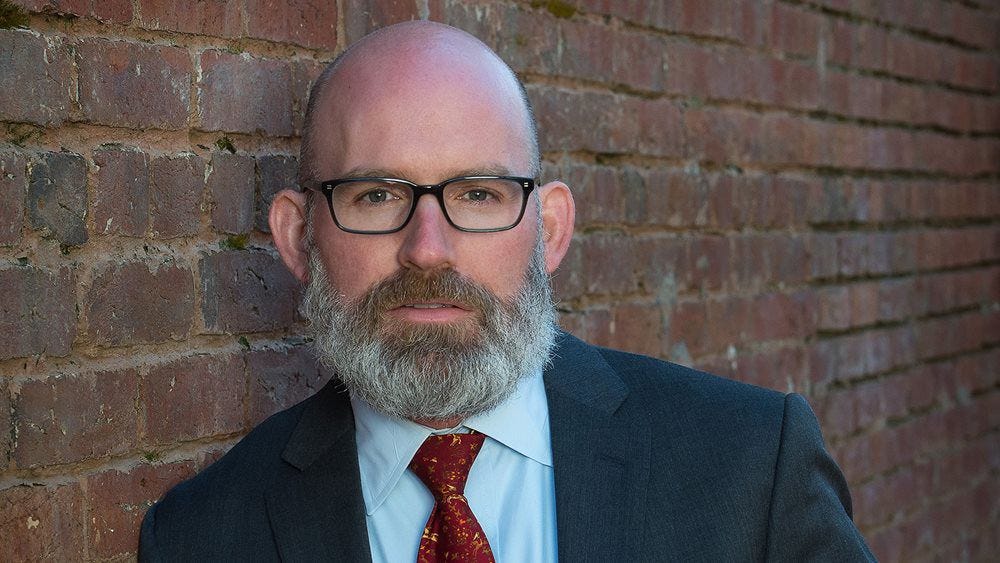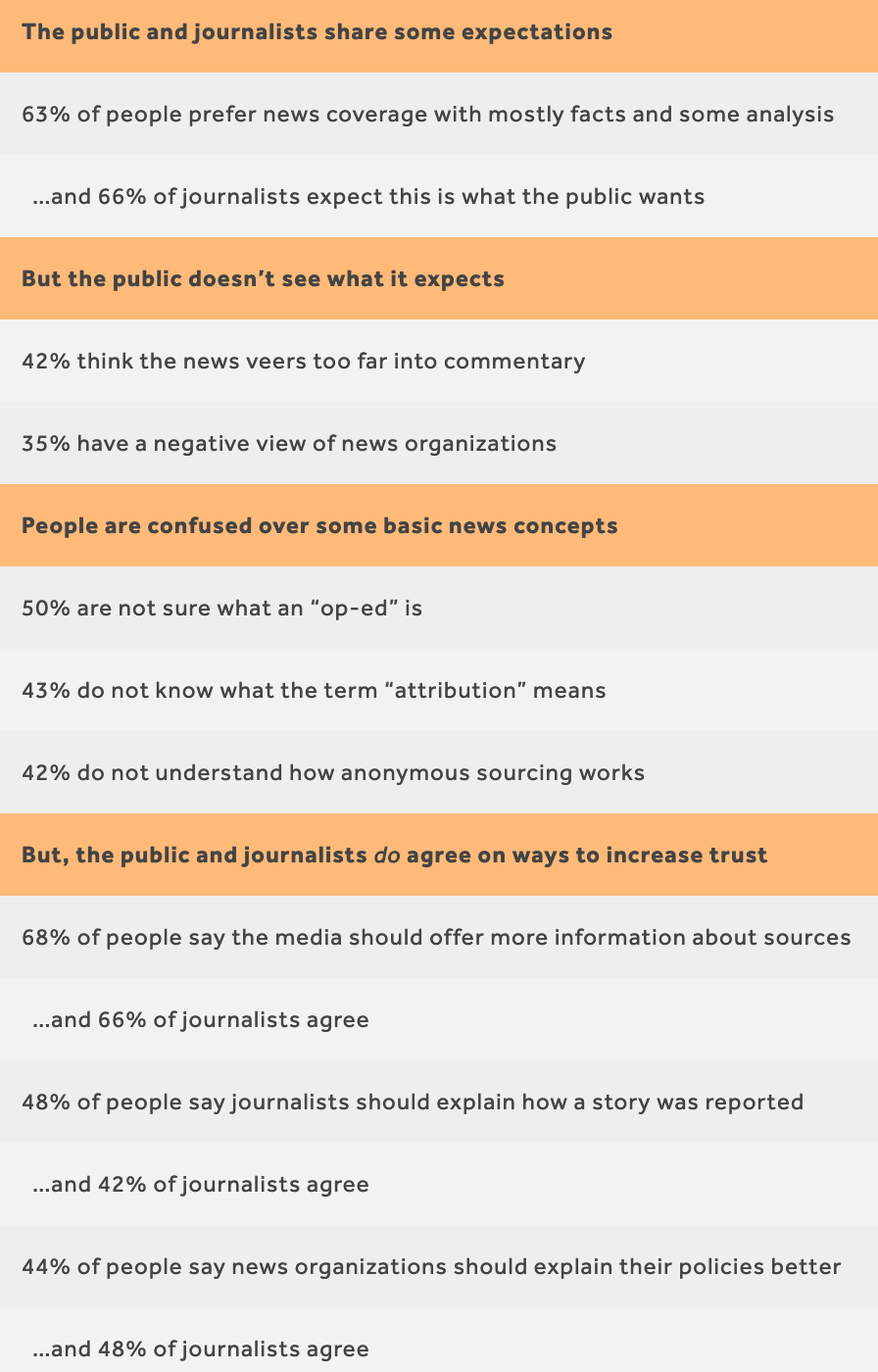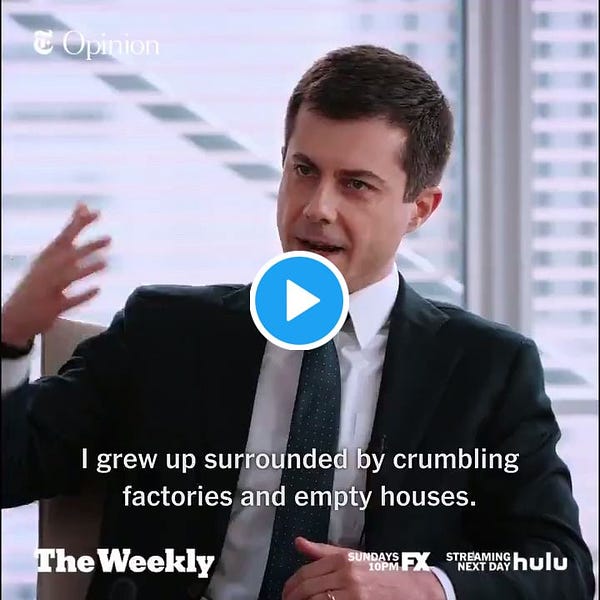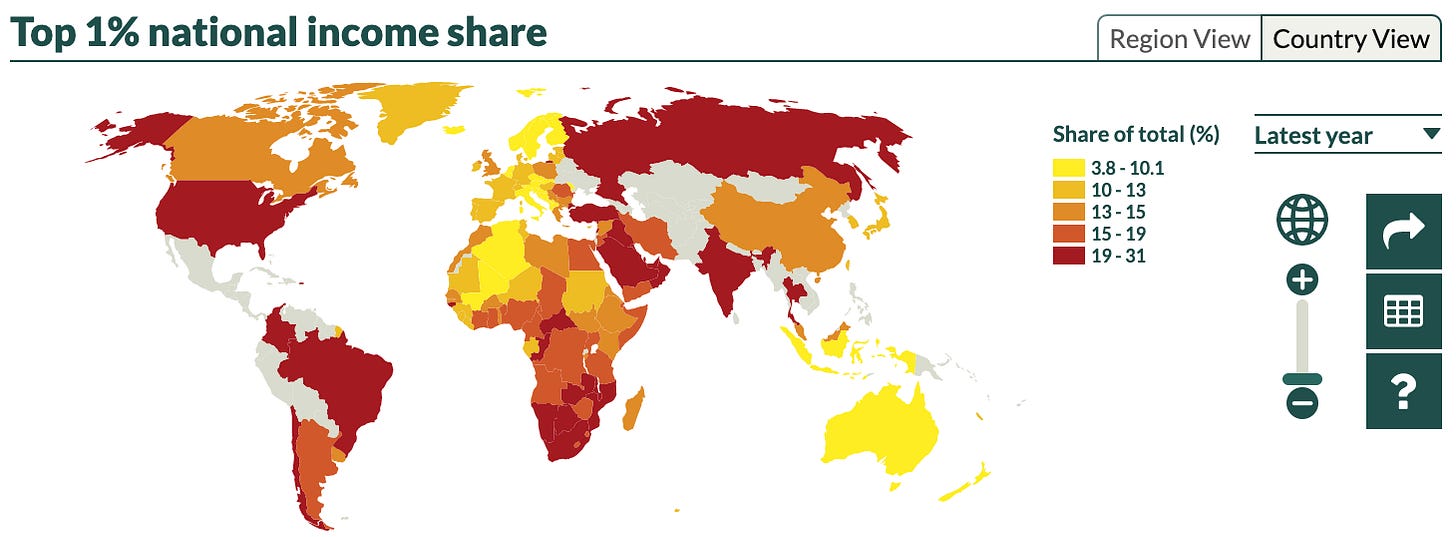Hello and welcome to another episode of Inside The Newsroom! Today we chat to Binyamin Appelbaum, who last year joined the New York Times editorial board and is one of the most distinguished economic journalists in the world. Binya took us inside what it was like interviewing each of the Democratic presidential candidates last year, his views on news reporting vs opinion journalism, how uninfluential the presidential debates are, and what kind of world is needed to solve the harshest income inequalities highlighted by Covid-19.
Next week we’ll talk to the amazing Dalal Mawad, senior producer and correspondent for the Associated Press, who’s based in Beirut and experienced August’s explosion first hand. You won’t want to miss our conversation as she took us inside what it was like in the immediate aftermath of the blast, and how she composed herself to capture the damage done to her city. Later this week we’ll have an Election Dissection of what went down in Chile and Guinea this past weekend, as well as updates from Northern Cyprus and Lithuania from a couple of weeks ago. Until then, enjoy the podcast… 🤓
Job Corner
Another 191 postings added to the job taking our total up to 866! New jobs include at New York Magazine, the Financial Times, The Information and the Press Association. Help out and spread the word! 🙏
Data Corner
News or Opinion? — Views on the difference between news reporting and opinion journalism from the American Press Institute
Newspaper Endorsements — The American Presidency Project from the University of Santa Barbara
Economic Inequality — Global inequality stats from the World Inequality Database
Who Is Binyamin Appelbaum?
Binyamin joined the New York Times’ editorial board almost two years ago, having been asked to join after reporting on the economy for the Times for almost a decade. Born and raised in the Boston area, Binyamin graduated from the University of Pennsylvania before grinding his way to the top via reporting positions at The Florida Times Union, Charlotte Observer, Boston Globe and Washington Post.
Aside from writing about the most pressing economic issues, Binyamin also helps shape content strategy, and played a key role in interviewing the Democratic presidential candidates as part of the Times’ official endorsement (more on that later). Binyamin published his first book last year titled The Economists’ Hour: False Prophets, Free Markets, and the Fracture of Society, which explores how economists reshaped public policy and society in the second half of the 20th century. He’s also been the recipient of a Polk Award and a Loeb Award, and was a finalist for a Pulitzer Prize in public service.
Binyamin 👇

News vs Opinion
The debate between news reporting and opinion journalism has been part of the news industry’s DNA for centuries, and will likely remain so for generations to come. The NYT’s opinion section “operates editorially independently from the rest of the newspaper. It is the section’s unique mission both to be the voice of The Times, and to challenge it. The Op-Ed pages were born, in part, because of the closing of New York’s top conservative newspaper, The New York Herald Tribune. They were created to be opposite the editorial pages — and not just physically.”
As someone who’s been on both sides of the argument, Binyamin believes strongly about bringing attention to issues that don’t garner enough attention, like America’s deep economic rifts, which we’ll get onto later. While both formats have widespread influence, he said opinion writing allows him to be more pointed and make bold claims of what he thinks should be done to solve certain issues.
While that might be true, the ability to decipher news from opinion is become harder and harder. The American Press Institute conducted an analysis on this very topic and some of its findings are worrisome for the future of both news and opinion.
Credit: American Press Institute

New York Type of Debate
A cool part of Binya’s job as an board member is the opportunity to interview candidates running to become U.S. president — this election cycle was the turn of the Democrats. Binyamin said he knew most of the candidates and their positions on most issues prior to the sit down, and the formal interviews were a chance to tie up loose ends and have any lingering questions answered. Here’s Binyamin going toe-to-toe with Pete Buttigieg…


How much influence the board’s eventual dual-endorsement of Amy Klobuchar and Elizabeth Warren had on voting is up for debate considering neither came close to winning the nomination. The same can be said about voting for the presidency. The University of Santa Barbara tracked the 2016 presidential endorsements from the top 100 U.S. newspapers by circulation, and the results were a big thorn in the side of newspaper endorsements.

Also up for serious question is how valuable the presidential debates are, which have largely become a circus of a shouting match that only serves TV ratings — more than 63 million people watched the final debate between Donald Trump and Joe Biden last week. I’ve talked before about the need for candidates to appear on different platforms and in longer formats, because can you really discuss how to fix healthcare or income inequality in just 30 seconds? The answer is absolutely not, which is why we need more shows like The Breakfast Club and The Joe Rogan Experience to introduce candidates and their ideas to new audiences for hours at a time.
The America We Need
One of the issues Binyamin is able to write more pointedly on is economic inequality, of which he’s helped propel to the top of NYT board’s most pressing issues. Binyamin’s team had conducted much of the research and reporting for its series on The America We Need last year, which set out to identify the worst systematic economic issues and what kind of policies could help to right an unequal ship. But then Covid-19 was unleashed into the world and ironically completed a lot of their work for them.
The pandemic has unearthed income inequalities that have been sewn into economies around the world. Whether it’s people on low incomes forced back into work through fear of losing their job or not being able to pay their bills, or how the virus has and continues to kill minorities at higher rates than anyone else, or how millions of people can’t even afford health insurance and are woefully under protected, we’ve seen an increase in socialist programs and policies that could be here to stay.
Credit: World Inequality Database

That’s all for today! See you on Wednesday for this week’s Inside The Middle East! 🌍 👋













🎧 #85 — Binyamin Appelbaum (New York Times)